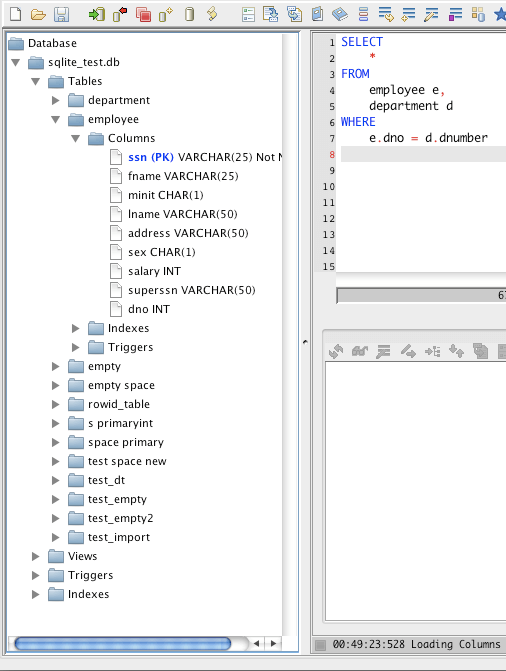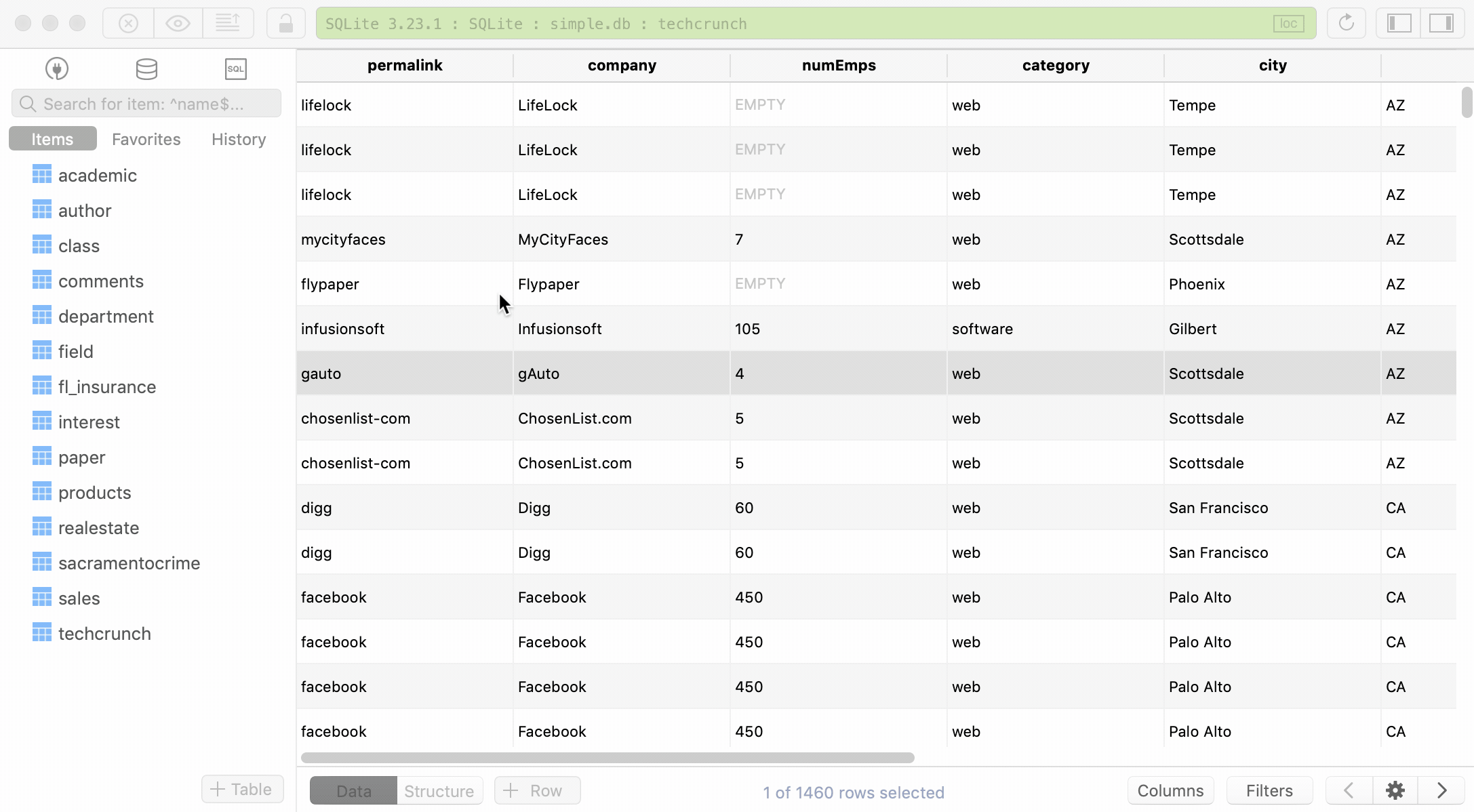

The engine is highly regarded for its reliability, performance, and small size, so Web SQL implementations did not just use the SQLite API, they were SQLite. Why was WEB SQL abandoned? SQLite was the problem as well as the solution. For developers looking for a drop-in replacement, we’re investigating if a shim script can be provided,” Steiner said. “We’re working with the SQLite community on a replacement for Web SQL based on SQLite implemented in WebAssembly (Wasm), which will be released in the near future. It turns out that the SQLite announcement is connected with Google’s enthusiasm for SQL in the browser. People want SQL on the web for a reason.”ĭespite the W3C’s statement 12 years ago, Web SQL has not been entirely removed from Chromium and Steiner said that “the final step will be to remove Web SQL completely in all contexts, but no date has been set.” Google’s reluctance to abandon Web SQL can be seen in this document by developer advocate Thomas Steiner, which explains that the official replacement for Web SQL, such as IndexedDB, “show their strengths when it comes to key/value stores and structured data, but acknowledgedly also have weaknesses like the lack of a strong query language. SQL is the standard for using relational data and including it in the browser API makes sense in the context of increasingly rich web applications. The specification reached an impasse: all interested implementers have used the same SQL backend (Sqlite), but we need multiple independent implementations to proceed along a standardization path.”ĭespite this, Google Chrome continues to ship with Web SQL, though it was deprecated and removed for third-party contexts in Chromium 97, released in October 2021.

The W3C note on this states that: “This document was on the W3C Recommendation track but specification work has stopped. This may feel like déjà vu for developers who recall Web SQL, an implementation of SQLite in the browser that was done in 2009 but abandoned as a standard in 2010.
#Sqlite browser safari android#
SQLite is an embedded open source SQL database engine it does not directly compete with the likes of Oracle or SQL Server, but is massively popular, not least because it ships as part of macOS, Windows, Android and iOS.

“As of late 2022, only bleeding-edge versions of Chromium-derived browsers have the necessary APIs,” say SQLite’s authors.Īnother issue is that SQLite’s Wasm support is still in beta, with the expectation that it will be finalized in the next release. This will enable web developers to use SQL for local database queries, using the browser’s local storage or session storage, or preferably OPFS (Origin-Private FileSystem), though support for this is currently limited. The SQLite team has released version 3.40.0 with official support for compiling to Wasm.


 0 kommentar(er)
0 kommentar(er)
